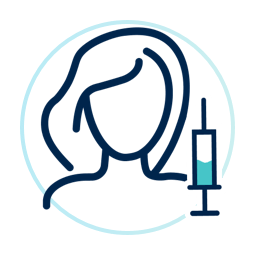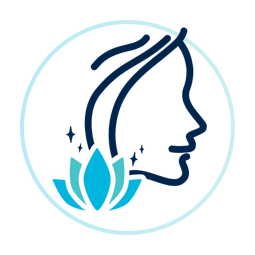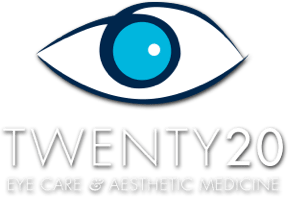Diabetes:
More Than Meets the Eye
If you’re one of the millions of Americans who live with diabetes, you probably already understand how important it is to manage its effects and preserve your health.
However, there’s more to diabetes than meets the eye.
Using a whole-health approach and proven diagnostic technology, Dr. Neal can help preserve your vision from diabetes-related vision loss. Come in and relax knowing that our caring, compassionate doctor is always here to support you.
Why Eye Exams
Are Important
Diabetes can increase the risk of several different eye diseases, some of which cause permanent vision loss. We can detect these issues during a comprehensive eye exam and provide unique, holistic strategies to help preserve your eye health and vision.
Because we want you to have the healthiest eyes and clearest vision possible, we always recommend having yearly eye exams. However, if you have diabetes, eye exams may become even more important. Dr. Neal will recommend a personalized exam schedule based on your vision health and your overall health.
Detecting Diabetes-Related
Eye Concerns
Providing comprehensive eye care requires a deep understanding of how your overall well-being may affect your vision over time.
If you have diabetes, we’ll add a few steps to your eye exam to monitor how the disease may affect your eyes. These steps will include noninvasive imaging technologies to see inside your eyes.
If we discover an issue developing, we can get to work on providing a management strategy unique to your vision and health needs.
Fundus Photography
Fundus photography captures HD color images of your eye’s fundus—an area that includes the retina, macula, optic disc, and retinal blood vessels.
With fundus photography, we can detect several different eye diseases, including glaucoma, diabetic eye disease, and age-related macular degeneration.
Optical Coherence Tomography
Optical coherence tomography (OCT) takes detailed cross-sectional images of the back of your eye, like your retina, macula, and optic disc.
Alongside diabetic eye diseases, OCTs can help our team detect glaucoma, age-related macular degeneration, and other issues that may affect your eye health.
How Diabetes Affects Your Eye Health
Diabetes affects a hormone called insulin, which allows sugar to enter your blood cells. Depending on the type of diabetes, you may have difficulty producing insulin or using insulin effectively, leading to unstable blood sugar levels.
Unstable blood sugar levels can, in turn, damage the blood vessels in your retina. Over time, your risk of developing various eye diseases increases. The most common are:
- Diabetic retinopathy
- Diabetic macular edema
- Open-angle glaucoma
Eye Care That’s
Uniquely Yours
There are several ways you can help manage your risk of developing diabetes-related eye disease, including lifestyle changes like:
- Eating healthier foods
- Exercising
- Quitting cigarettes
- Controlling your blood pressure and cholesterol
If we detect any signs of an eye disease during your exam, Dr. Neal will explain next steps, including any medications or procedures required to preserve your vision.
Book your appointment with us today.
Our Location
Find Us
You can find us on Elmwood Ave. right off Bryant St., just past the Rite Aid.
Where to Park
For your convenience, we have parking stalls behind our office as well as street parking out front.
Our Address
- 410 Elmwood Ave
- Buffalo, NY 14222
Contact Information
- Phone: 716-462-5437
- Fax: 888-511-0393
- Email: 2020office@twenty20eye.com
Hours of Operation
- Monday: 9:00 AM – 5:00 PM
- Tuesday: By Appointment
- Wednesday: 9:00 AM – 5:00 PM
- Thursday: 9:00 AM – 5:00 PM
- Friday: By Appointment
- Saturday: Closed
- Sunday: Closed

Check Us Out On Instagram
[instagram-feed]







